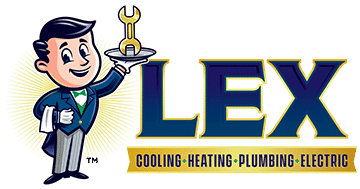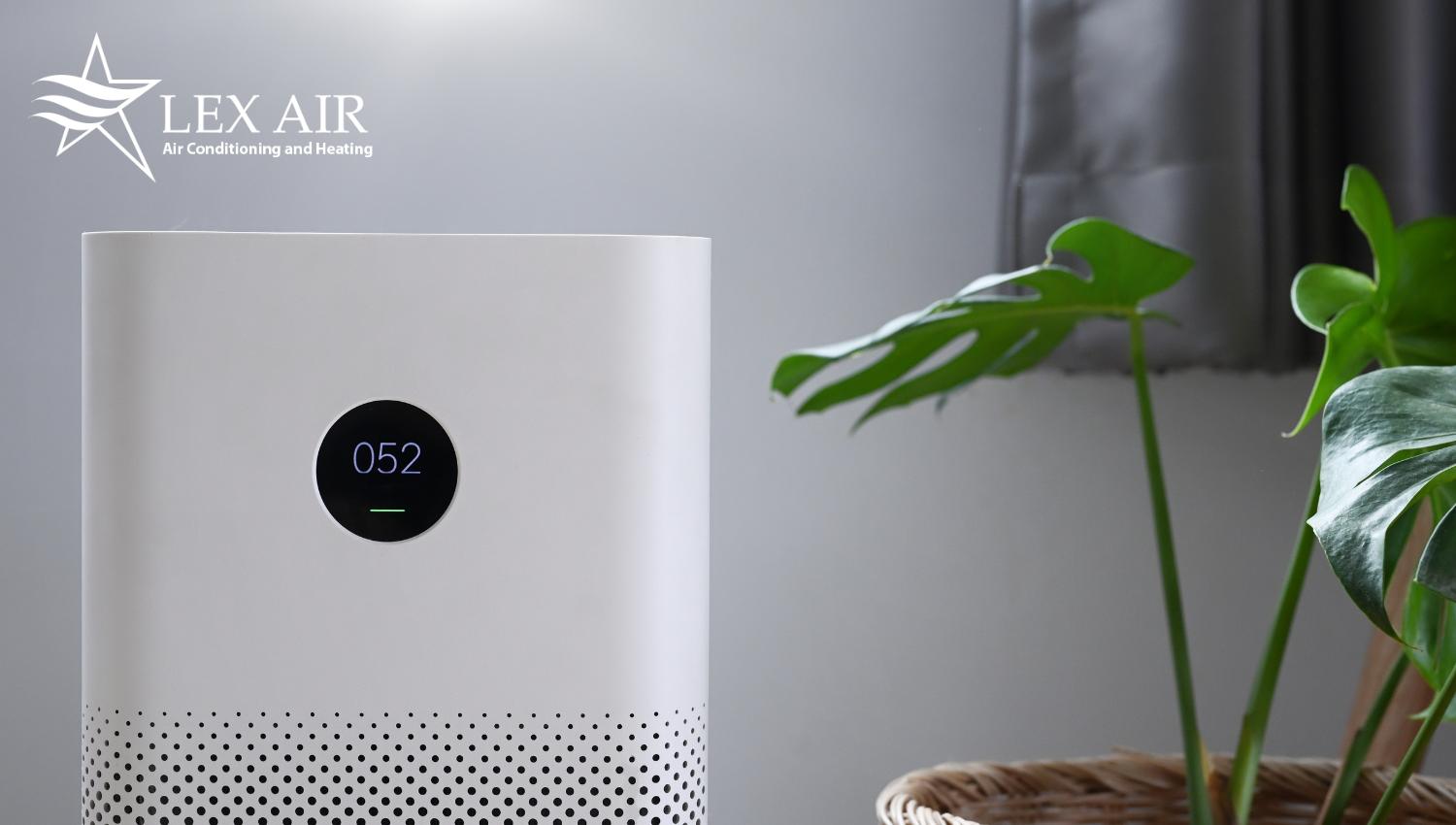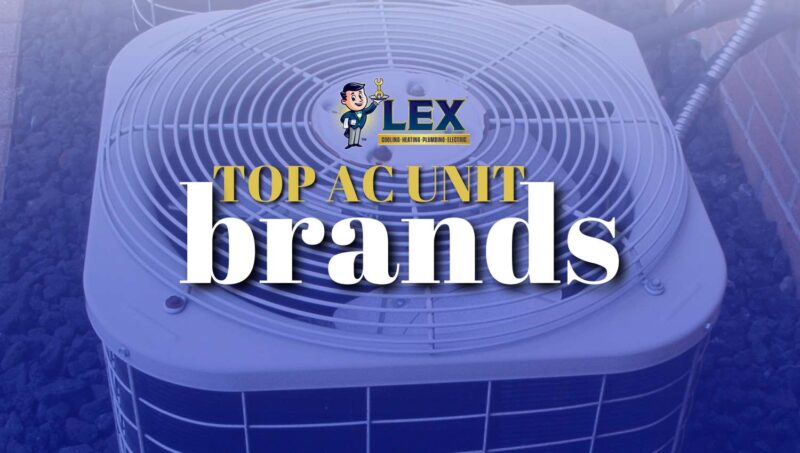In Carrollton, TX, homeowners and business owners face a constant battle with little relief – the never-ending presence of dust. Despite our best efforts, dust particles containing pollutants, allergens, and everyday debris constantly find their way into our living and working spaces. Dust accumulation not only affects the cleanliness of our environments but also poses potential health risks, especially for those with allergies or respiratory issues.
As residents look to fight off dust and maintain clean air, Lex Air Conditioning and Heating has the solution. In this blog, our Carrollton indoor air quality experts will explain how air purifiers operate, their effectiveness in trapping and eliminating household dust, and how they can transform your home and business into clean and healthy environments.
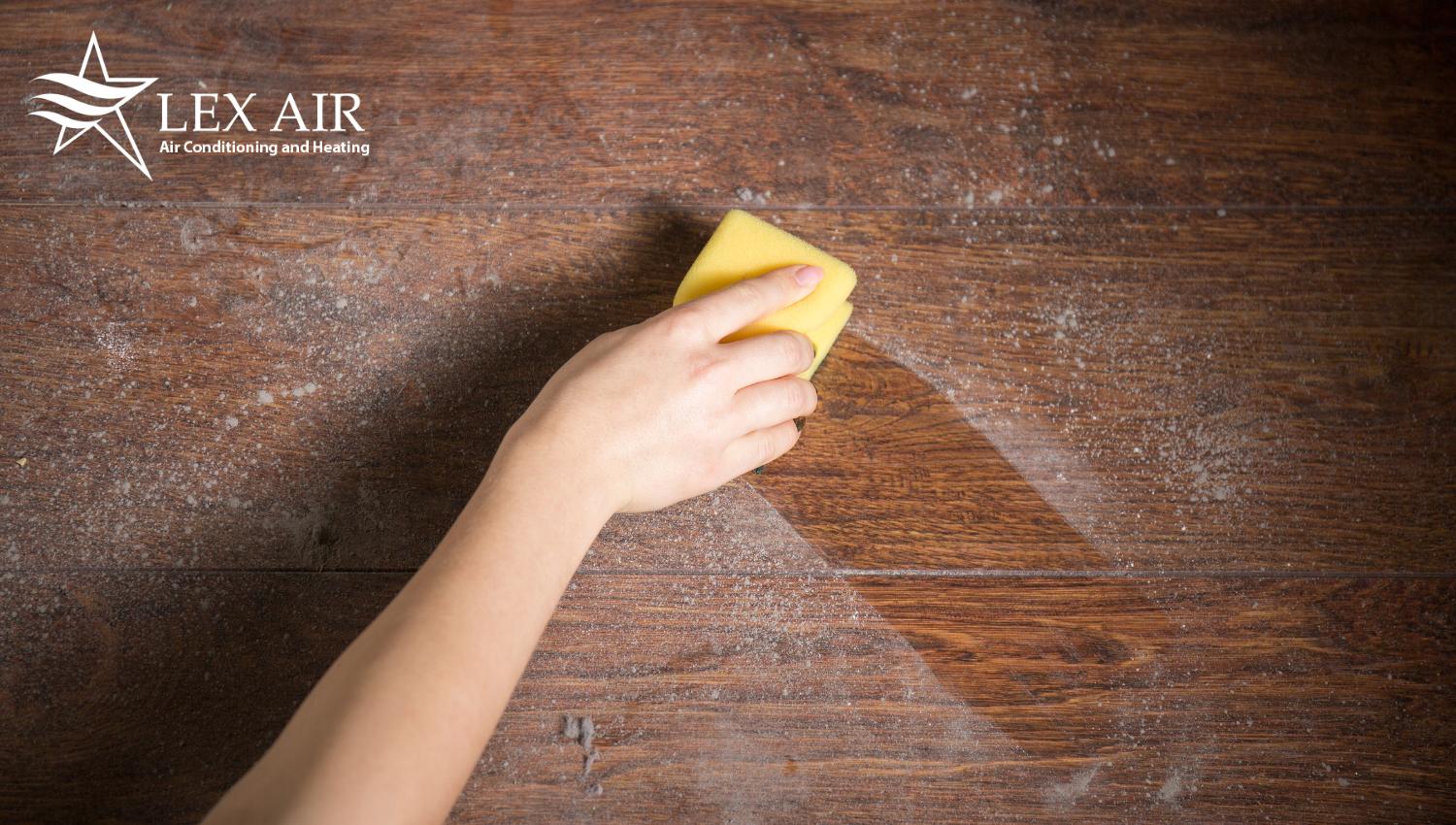
What is Dust?
When we think of dust, we often picture those tiny specks that gather on our bookshelves. However, household dust is far more complex than one might think. Dust is a complex blend of microscopic particles, each contributing to the indoor environment in different ways.
Indoor dust is a melting pot of microscopic airborne particles. Dust contains allergens, which are substances that can trigger allergic reactions. These allergens could be anything from pollen to pet dander.
One of the more surprising and somewhat unsettling components of dust is mite feces. Dust mites, microscopic creatures thriving in our homes, particularly in bedding and upholstered furniture, consume organic matter such as dead skin cells and leave behind dust mite droppings.
Dust also contains particles brought indoors from the outdoor air. Pollen, a common outdoor allergen, can affect indoor air quality when combined with other dust particles. Fabric fibers from clothes, carpets, furniture, and dead skin cells are also found in household dust.
Health Implications of Dust
While often dismissed as an annoyance or neglected cleaning, dust in our homes and workplaces can have significant health implications. The composition of dust makes it not just a cleaning challenge but a health concern, particularly for those with allergies, asthma, or other respiratory conditions.
- Allergies and Asthma: Dust triggers allergic reactions and asthma attacks. The allergens in dust, such as pet dander, pollen, and dust mite feces, can provoke symptoms ranging from mild sneezing and itching to severe asthma attacks.
- Respiratory Issues: The fine particles in dust can be inhaled, causing respiratory problems.
- Skin Irritations: Dust can also cause skin irritations. The tiny particles can settle on the skin, leading to itching, redness, and dermatitis, particularly in sensitive skin.
- Long-Term Health Effects: Prolonged exposure to dust can have long-term health effects. There’s growing concern about the potential for dust to carry toxic substances, like heavy metals and chemicals, which can have broader health impacts over time.
Considering these health implications, managing dust is not just about cleanliness but also about staying healthy. Adding air purifiers, or air cleaners, to your home or business can filter out many of the harmful components of dust and improve the overall quality of indoor air.
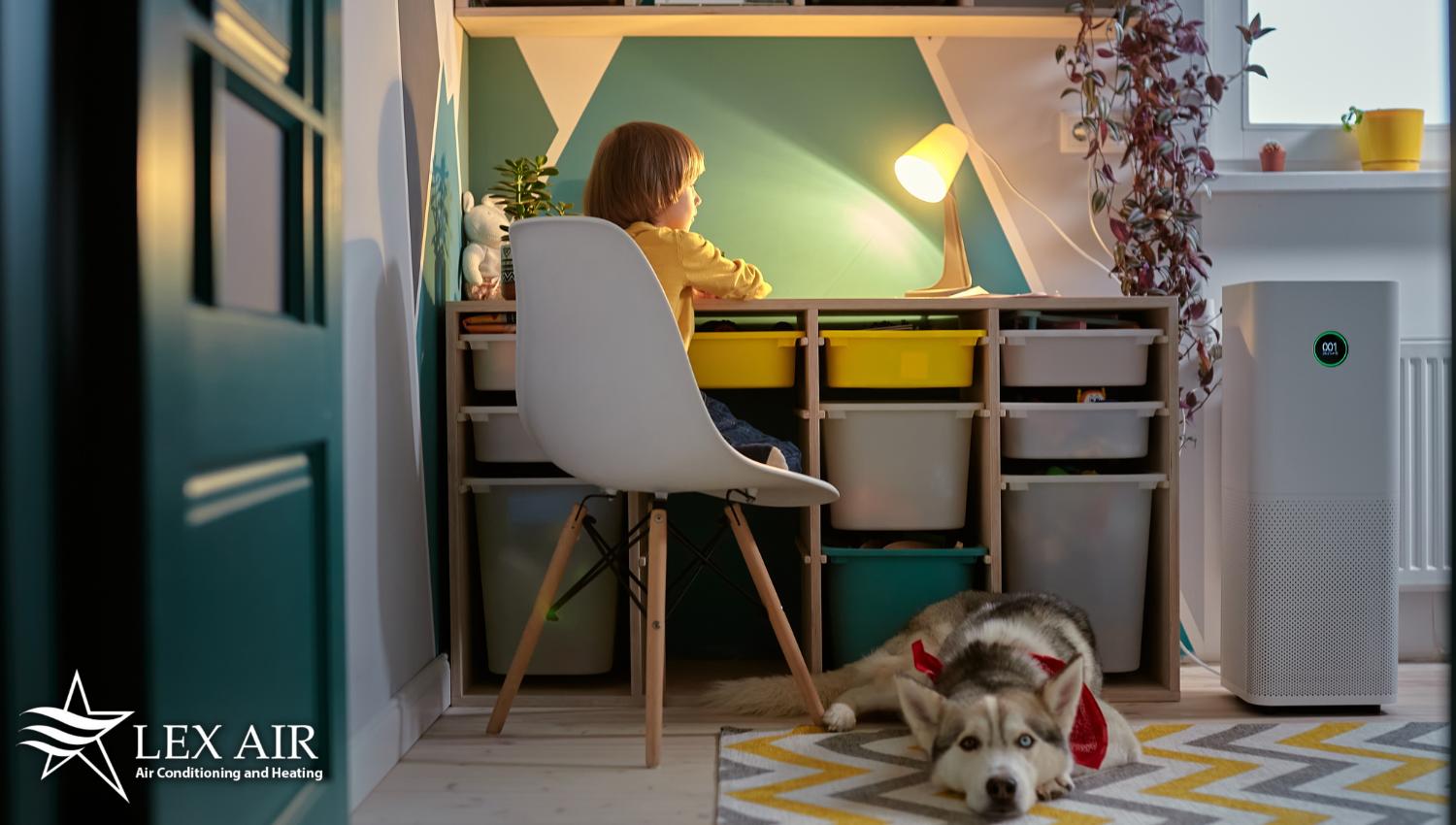
Understanding Air Purifiers
Air purifiers are more than just another appliance in our homes. They’re important devices that remove dust particles and improve indoor air quality. But how do air purifiers help with dust?
What is an Air Purifier?
An air purifier, or cleaner, is designed to clean the air in a room or space, removing contaminants, allergens, and pollutants and improving air quality. Its basic working principle revolves around drawing in air from the surroundings, passing it through a series of filters or purifying processes, and then releasing cleaner, healthier air back into the environment. So basically, air purifiers filter out indoor air irritants and replace them with cleaner, breathable air.
The various types of air purifiers available cater to different needs:
- HEPA Filters: A high-efficiency particulate air (HEPA) filter is the most popular and effective air purifier filter. They can trap at least 99.97% of particles that are 0.3 microns in diameter, including dust, pollen, mold spores, and bacteria.
- Ionic Purifiers: These purifiers use ions to capture and neutralize airborne pollutants. They release negatively charged ions into the air, which attach to positively charged dust and allergen particles. This process makes the particles too heavy to remain airborne, resulting in fewer dust particles.
- Carbon Filters: Activated carbon filters excel in absorbing gases and odors. They are not as effective against particles but are excellent for removing chemicals, fumes, smoke, and odors from the air.
- UV Light Purifiers: These purifiers use ultraviolet light to kill bacteria, viruses, and mold. While they are effective against microorganisms, they are usually used with other filtration systems since they don’t remove dust or allergens.
In addition to the air purifiers and filters listed above, some hybrid models combine multiple filtration technologies and purifiers designed to target specific pollutants, such as volatile organic compounds (VOCs) or pet dander.
Each type of air purifier has benefits and is suited for different environments. By understanding the various technologies and how they work, individuals can make more informed decisions about which air purifier best suits their specific needs, ensuring an optimal balance of clean air and health benefits.
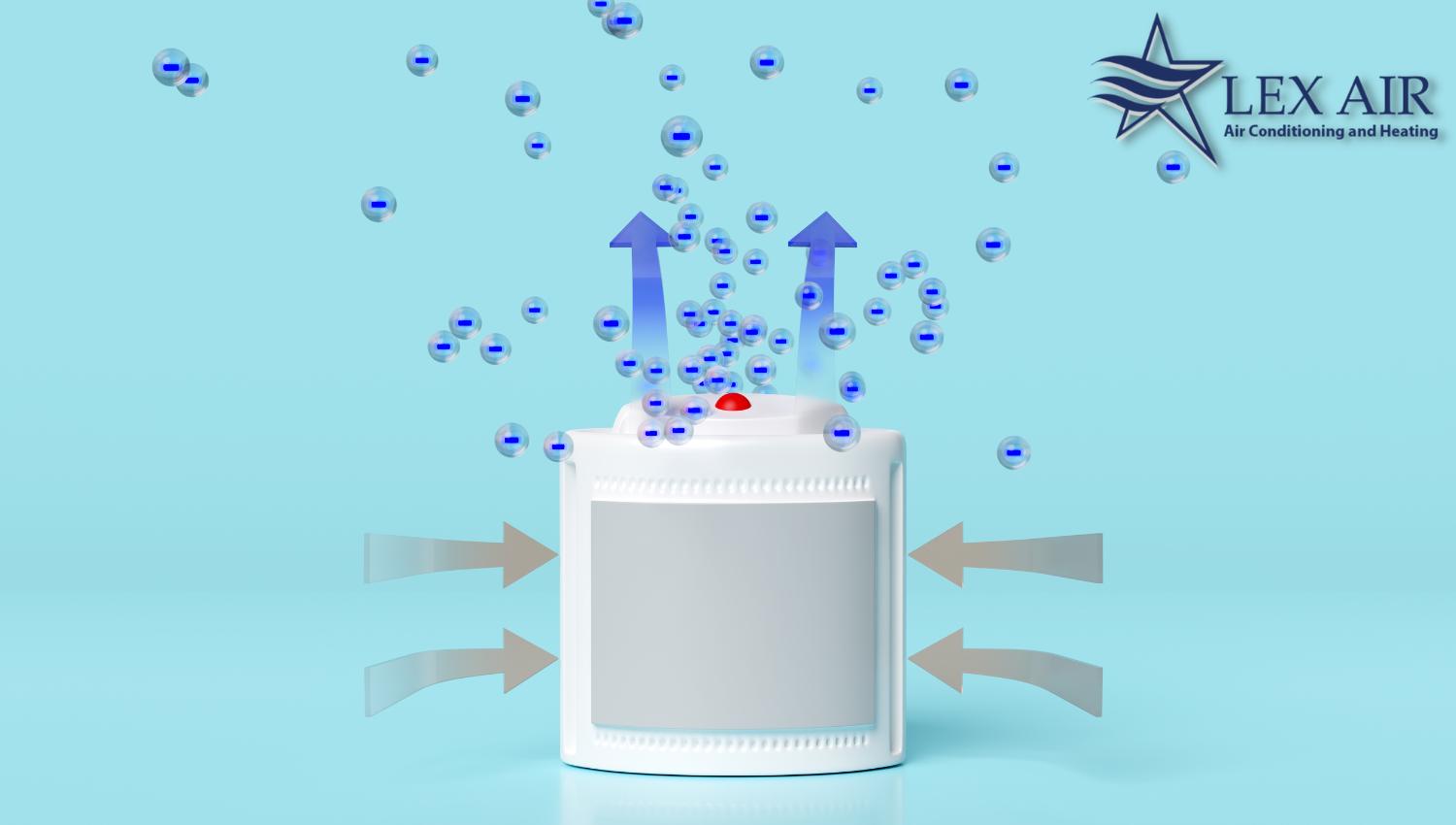
What Does an Air Purifier Do?
While air purifiers remove dust, they also tackle various airborne particles and pollutants. Air purifiers also reduce indoor air pollution by:
- Reducing Allergens: Air purifiers catch allergens like pollen, pet dander, and dust, which makes them essential for treating dust mite allergies and other common allergens caused by dust particles.
- Eliminating Chemicals and Odors: They can absorb harmful chemicals from household products and neutralize unpleasant odors.
- Combatting Germs: Certain models with UV filters can reduce the spread of germs and viruses.
- Improving Sleep and Well-being: Cleaner air leads to better sleep quality and overall well-being by reducing respiratory irritants.
As you can see, air purifiers do more than just clean the air; they create a healthier and more comfortable living environment.
Do Air Purifiers Work?
When considering getting an air purifier, it’s important to ask if they really work. The effectiveness of air purifiers depends on their type, where they’re used, and what kind of pollutants they’re meant to get rid of. Air purifiers with HEPA filters are really good at catching small things in the air, like dust, pollen, and pet hair. They’re especially helpful for people with allergies because they reduce allergens in the air.
Air purifiers with carbon filters are great for absorbing smoke and bad smells, which is useful in homes with smokers or places with poor air outside. Some air purifiers also have UV lights or special filters that can kill germs, but they shouldn’t be the only way you try to clean the air.
However, air purifiers can’t remove all types of dirt and pollution. They don’t work as well on big particles that settle fast, and they don’t fix problems like mold or dampness. Overall, air purifiers can help improve the air inside, especially when cleaning regularly and keeping good airflow. They’re best at reducing small particles, allergens, and some germs, making the air healthier to breathe.
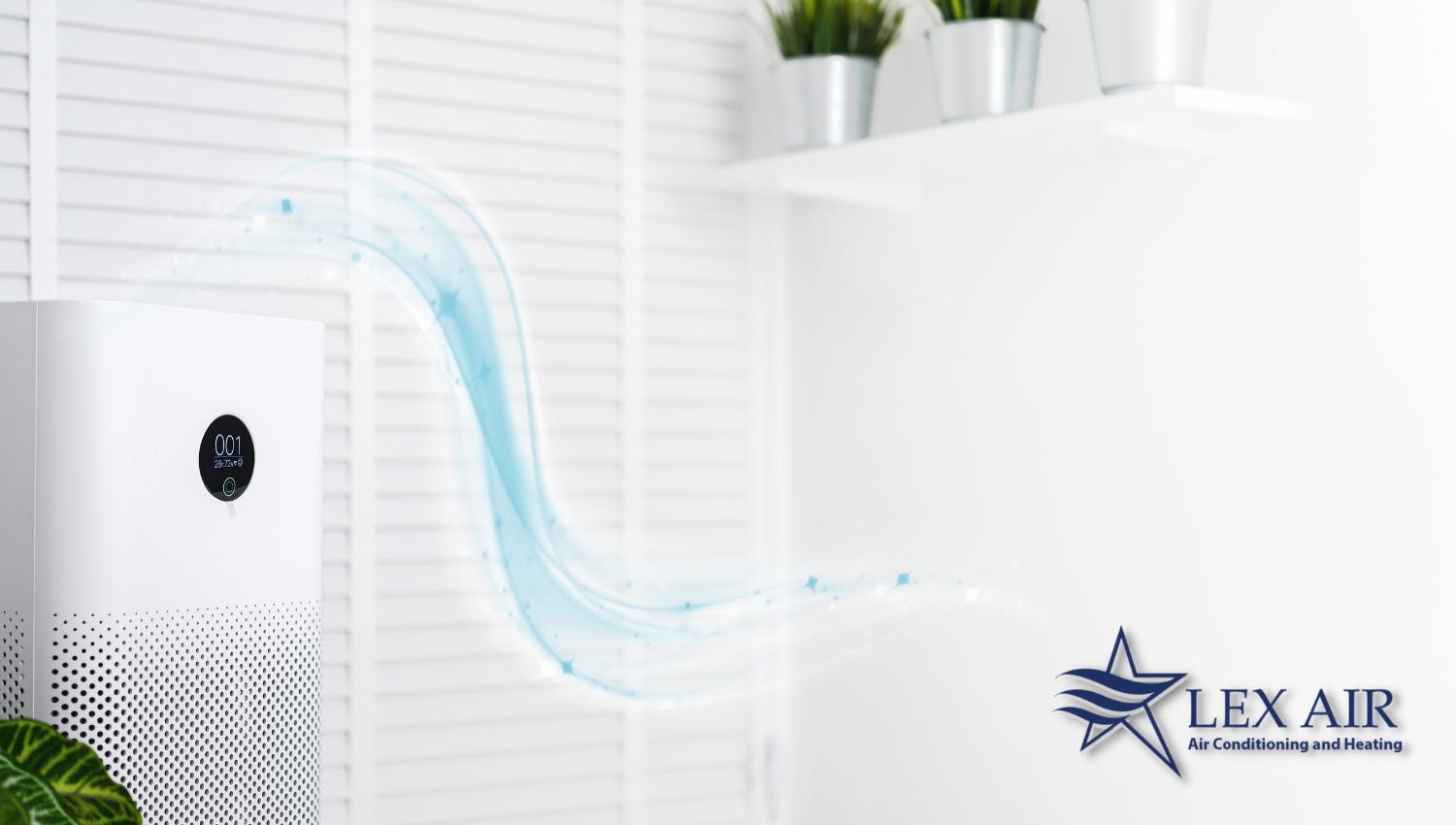
Does An Air Purifier Help With Dust?
So you may still be wondering, can air purifiers help with dust? Air purifiers can effectively reduce dust in indoor spaces, but their effectiveness varies based on what kind of filter and purifier you have.
- HEPA Filters: These are particularly efficient against dust. HEPA filters can trap 99.97% of particles that are 0.3 microns in size, which includes most dust particles.
- Ionic Purifiers: Ionic air purifiers release negatively charged ions that attach to dust particles, making them heavier and causing them to fall from the air. However, they don’t eliminate dust but rather settle it on surfaces.
- Carbon Filters: While excellent for odors and gases, activated carbon filters are not primarily designed for dust removal. They may capture some larger dust particles but are less effective than HEPA filters in this regard.
- UV Light Purifiers: These are effective against microorganisms but have a limited impact on dust particles.
Many scientific studies support the effectiveness of air purifiers in reducing dust. In fact, a study published in the “Journal of Allergy and Clinical Immunology” found that using HEPA air purifiers in the home significantly reduced the concentration of particulate matter, including dust. Another study indicated that air purifiers effectively reduce the amount of fine particulate matter, including dust particles, in indoor environments.
It’s important to note that while air purifiers, especially those with HEPA filters, are effective at reducing the dust in the air, they should be used in addition to regular cleaning and vacuuming. They can significantly contribute to a cleaner and healthier indoor air environment, but they are not a standalone solution for dust control.
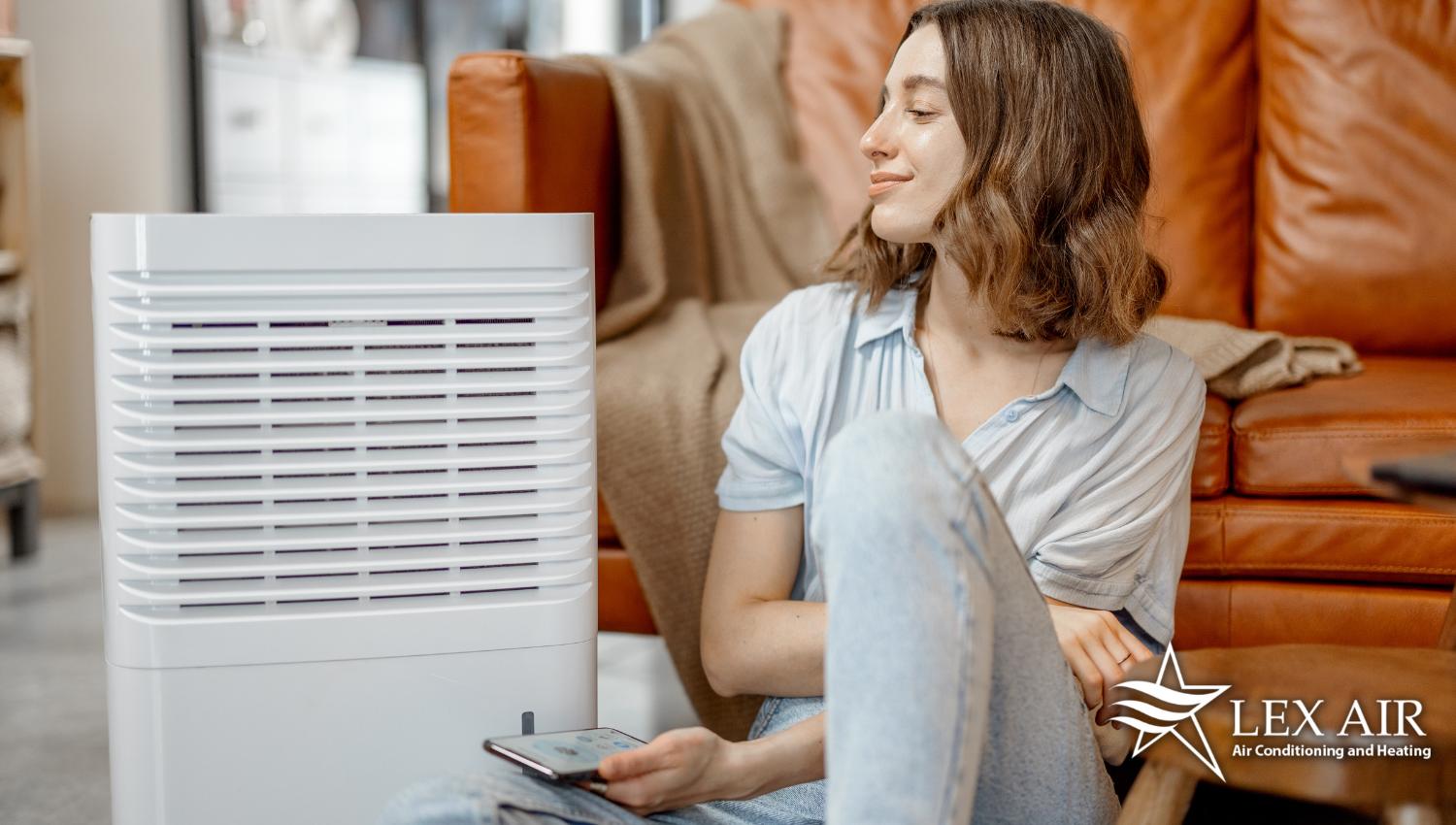
Choosing the Right Air Purifier for Dust
When considering an air purifier to remove dust, there are several factors that you should consider before making your purchase.
- Room Size: The effectiveness of an air purifier is closely tied to the size of the room it’s intended for. Each purifier is designed to clean the air effectively in a specific sized area, so it’s essential to match the capacity of your room’s dimensions.
- Filter Type: The filter used in the air purifier greatly impacts its ability to reduce dust.
- Air Changes Per Hour (ACH): This refers to how often the purifier can filter the entire air volume in the room each hour. A higher ACH rate means more frequent air filtration, better for dust control.
- Clean Air Delivery Rate (CADR): A higher CADR rating means the purifier filters air more efficiently, making it more effective against dust.
Consider models like the Coway AP-1512HH Mighty or Honeywell HPA300 for small or medium-sized rooms for best results in reducing dust. The Blueair Blue Pure 211+ or Alen BreatheSmart are recommended for larger spaces due to their efficiency in larger areas and high-performance HEPA filtration.
Other Ways to Remove Dust From Air
Don’t just rely on air purifiers to remove dust in your home. When combined with regular cleaning and vacuuming, homeowners should see a significant reduction in dust overall. If possible, limit the areas with carpet since they can trap dust. Also, consider using dust mite-proof covers for bedding to help minimize dust.
Maintaining a proper humidity level throughout your home is important, as this can also prevent dust mite growth. Good ventilation can also help dilute and remove airborne dust particles. These strategies, in conjunction with an air purifier, can improve the air quality in your home.
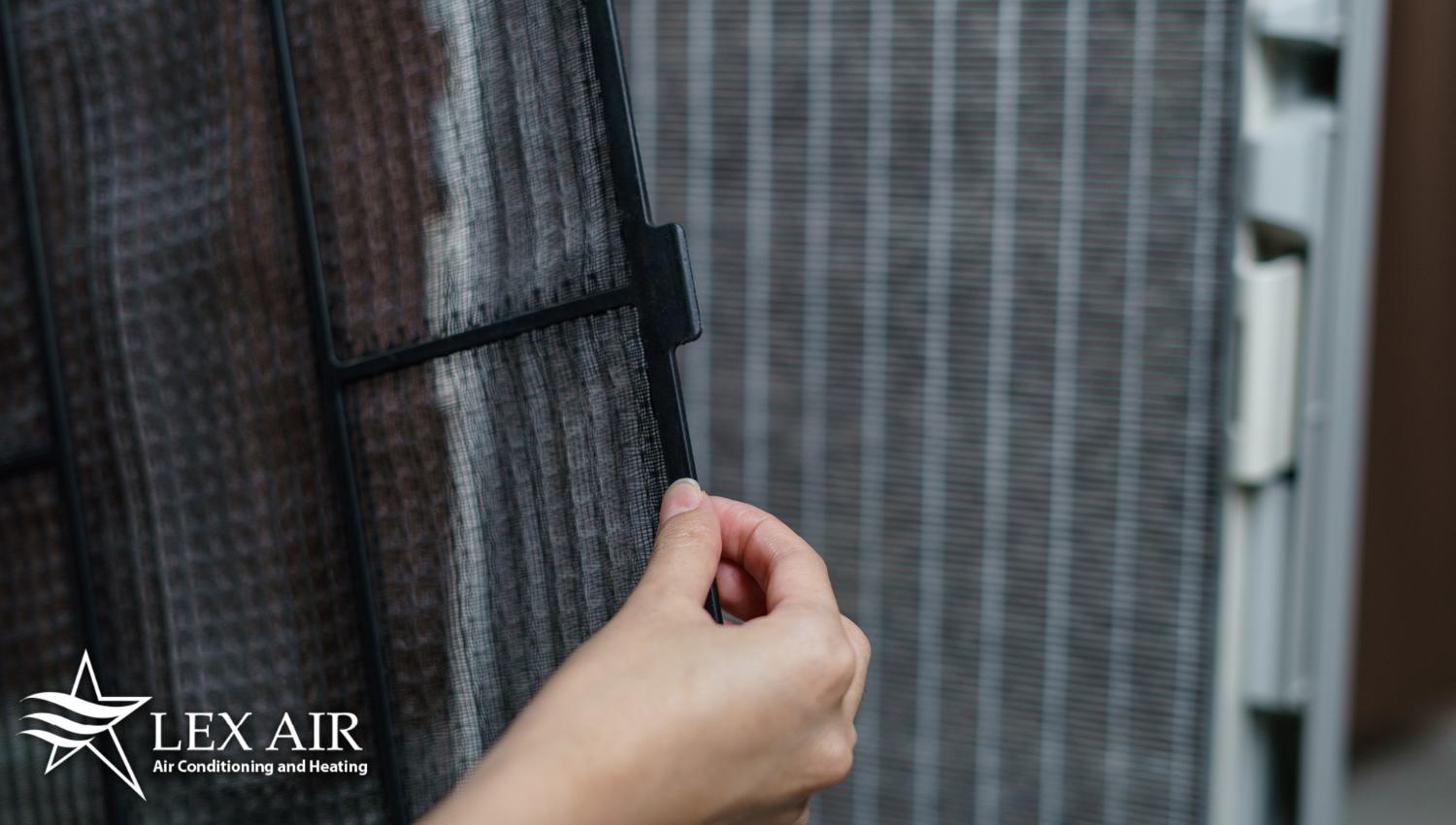
Maintenance and Care of Air Purifiers
Like other household appliances, your air purifier needs proper maintenance to ensure maximum performance. This includes periodically checking the unit for damage and keeping its exterior clean by wiping it with a soft, dry cloth. It’s important to ensure the air intake and outlet vents are unblocked to maintain effective airflow.
It’s also important to change air purifier filters regularly. The frequency at which the filters should be changed will vary depending on the type of air filter your purifier uses. Typically, HEPA filters must be replaced every 6 to 12 months, while carbon filters may require changing every 3 to 6 months. If your air purifier has a pre-filter that captures larger particles, it should be cleaned or replaced approximately every 2 to 4 weeks to extend the life of the main filters. Always consult the manufacturer’s guidelines for specific filter maintenance instructions.
If your air purifier experiences issues, there are several areas that you can check before calling in the experts. Unusual noises might indicate a blockage or a mechanical problem, requiring you to turn off the unit and inspect for any obstructions. A strange odor can suggest that the filter is full and needs replacement. For any electronic or mechanical problems beyond basic care, contact the manufacturer’s customer service or seek assistance from a professional technician. Proper and regular maintenance will keep your air purifier effective and prolong its lifespan.
Limitations of Air Purifiers in Dust Control
Air purifiers effectively filter airborne dust particles, but they have limitations in overall dust control. They are best suited for smaller, airborne particles and cannot remove dust already settled on surfaces, which requires physical cleaning methods. Air purifiers also do not address the root causes of dust accumulation, such as fabric shedding or outdoor pollutants.
For the best overall dust control, it’s essential to use air purifiers as part of a broader strategy that includes regular cleaning with a vacuum, wiping surfaces, reducing dust sources in the home, and maintaining good ventilation and humidity control. Integrating air purifiers with these practices allows you to manage dust effectively and breathe cleaner indoor air.
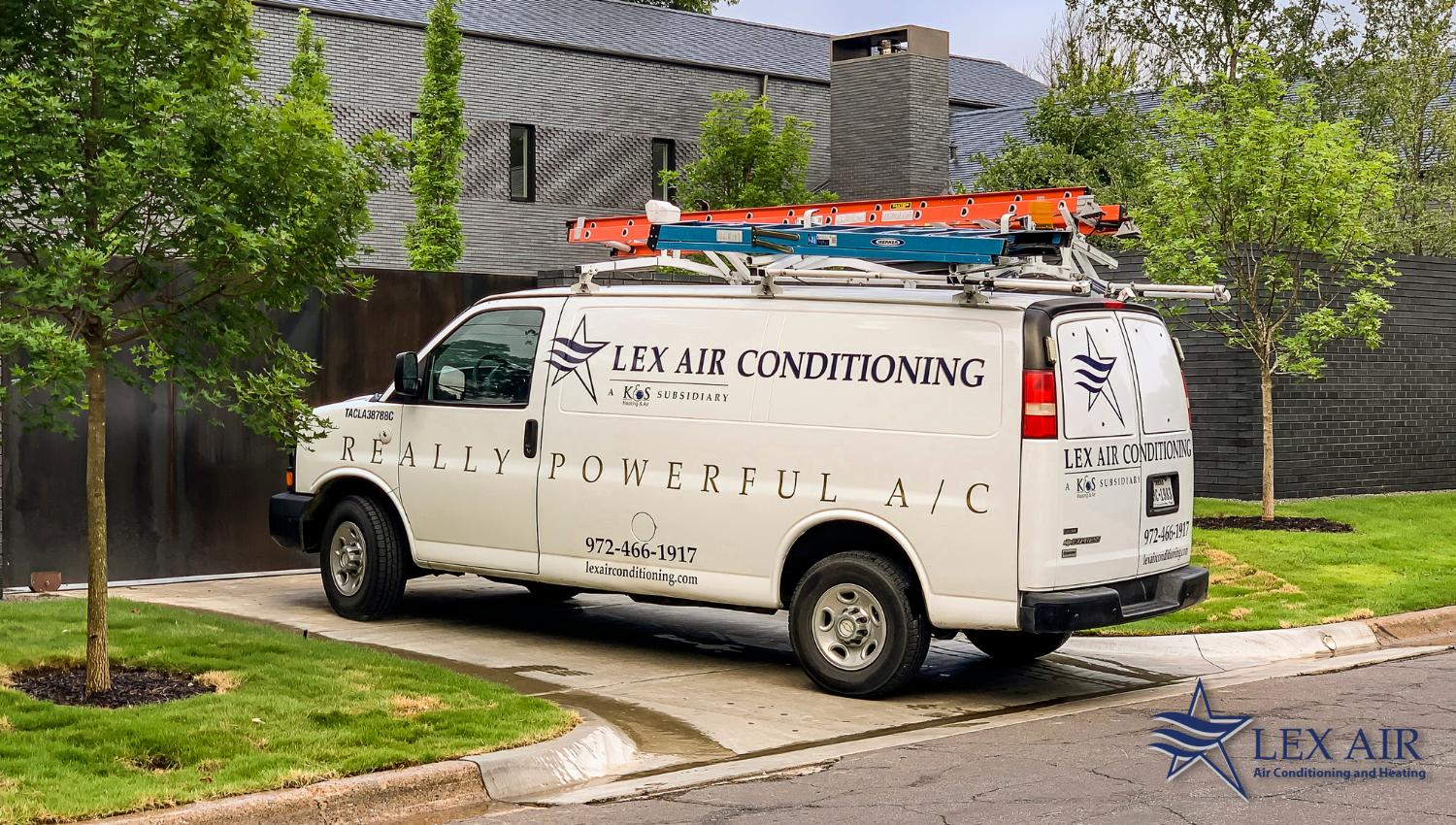
Looking to Improve Your Indoor Air Quality? Call the Carrollton HVAC Experts at Lex Air Today
If you want to learn more about how to improve your indoor air quality and reduce the amount of dust in your home, contact the Carrollton indoor air quality experts at Lex Air Conditioning and Heating. When you schedule your consultation, one of our HVAC technicians will evaluate your home and recommend the best indoor air quality solution to meet your indoor air quality needs. Call Lex Air today at (972) 217-8955.
